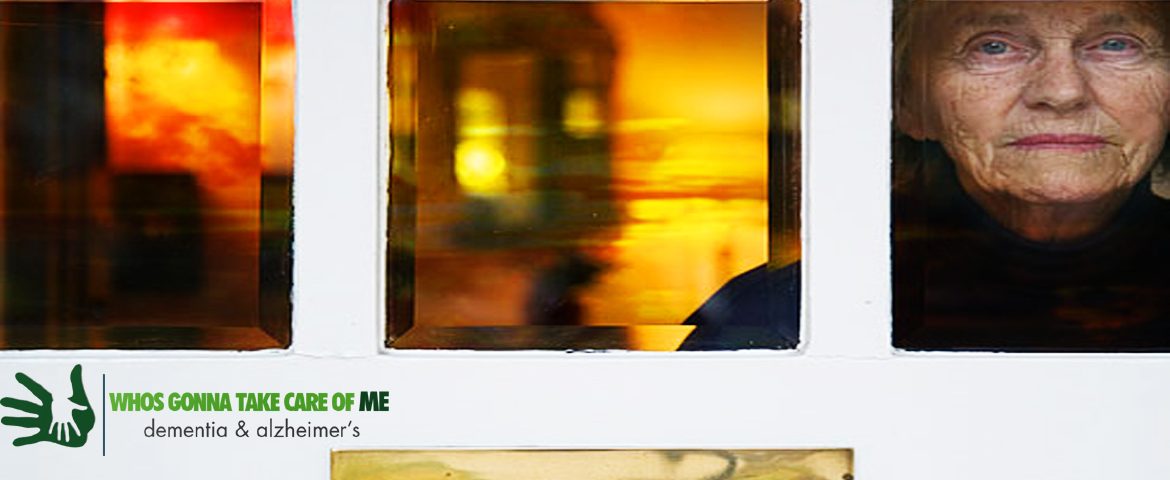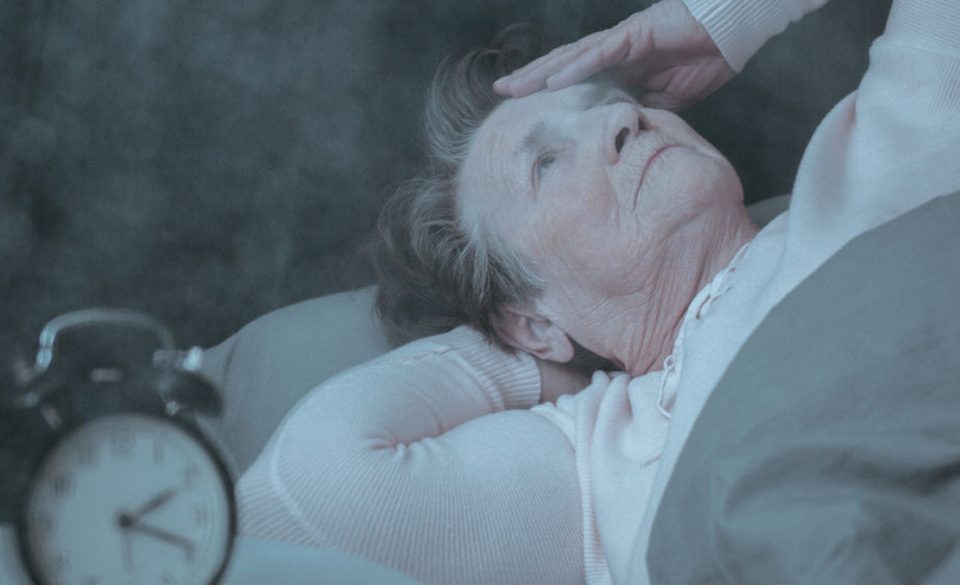What is Sun-downing and how do I reduce it?

Take Momma’s Keys
January 9, 2017
Shit Happens
January 11, 2017Beautiful evenings bring about Dark nights with
Dementia/Alzheimer’s
If you’ve recently had a loved one diagnosed with dementia, then you’d better familiarize yourself with Sundowning, and fast.
Don’t get it confused, I am not talking about those beautiful sunsets that we have on those warm California summer evenings or the picturesque days where you watch the sun drop between the mountains. As you imagine and wish for those visuals, what I’m about to talk about isn’t so desirable.
Sundowning can be a family’s worst nightmare.
Sundowning is a phenomenon occurring in Alzheimer’s and dementia patients who are entering into mid-stage dementia. Sundowning produces feelings of agitation, confusion, anxiety, and refusal to follow directions. These symptoms become more pronounced during late afternoon or early evening when the sun goes down. The real games begin. Sundowning can last into the night and may also produce pacing and wandering in your loved one.
Here are a few tips on reducing Sundowning.
Set up and adhere to a schedule. Routine blankets comfort and stability.
Install night lights – You can also leave lights on down the hall. Darkness produces fear, confusion and anxiety.
Encourage activity – Encourage activity both mental and physical. Be careful not to exhaust her, but engaging in outings, crossword puzzles, visits with friends and family all promote blood flow, kick in endorphins thus boosting the likelihood of a restful night.
Evaluate and adjust eating patterns. Try flipping larger meals, traditionally eaten at night, to midafternoon. Also, discourage alcohol and caffeine during early evening hours.
Children and pets – Seniors love visits from babies, young children and pets. If your Dad owned a dog or a cat, bring one over for a visit. Kids and pets can help him stay calm while you attend to his house chores.
Vitamin and herbal supplements – St. Johns Wort, melatonin, vitamin E have helped patients suffering from Sundowning. Remember to check with a physician to make sure these supplements aren’t interfering with existing medications.
Write it down – Keeping track of activities and behaviors in a journal will help caregivers identify possible Sundowning triggers.
But what if you enter the room or house and Mom is already in full-blown Sundowning Mode? What can you do?
Take a deep breath and keep calm. Your anxiety and frustration can bolster her Sundowning symptoms.
- Use a low, calm voice, especially if Mom is speaking loudly.
- Try to persuade her to engage in a healthy activity. What would she normally be doing in the evening? Folding laundry? Repetitive activities help her to jump tracks. Instead of focusing on what made her upset, she now has a ‘job’ to do.
- Grab the family photo albums and take a trip down memory lane.
- Pop in her favorite DVD or music CD.
But most of all, calm yourself and try mustering up as much help as you can. As a caretaker, Sundowning can burn you out. Your loved one’s mood swings will start affecting your personality, mannerisms, and sometimes patience. This is where the rubber meets the road. Expect occasional cursing, aggressiveness and out of character actions—as they will surly take place. As a caretaker, be prepared because Sundowning will truly test your level of sanity.




